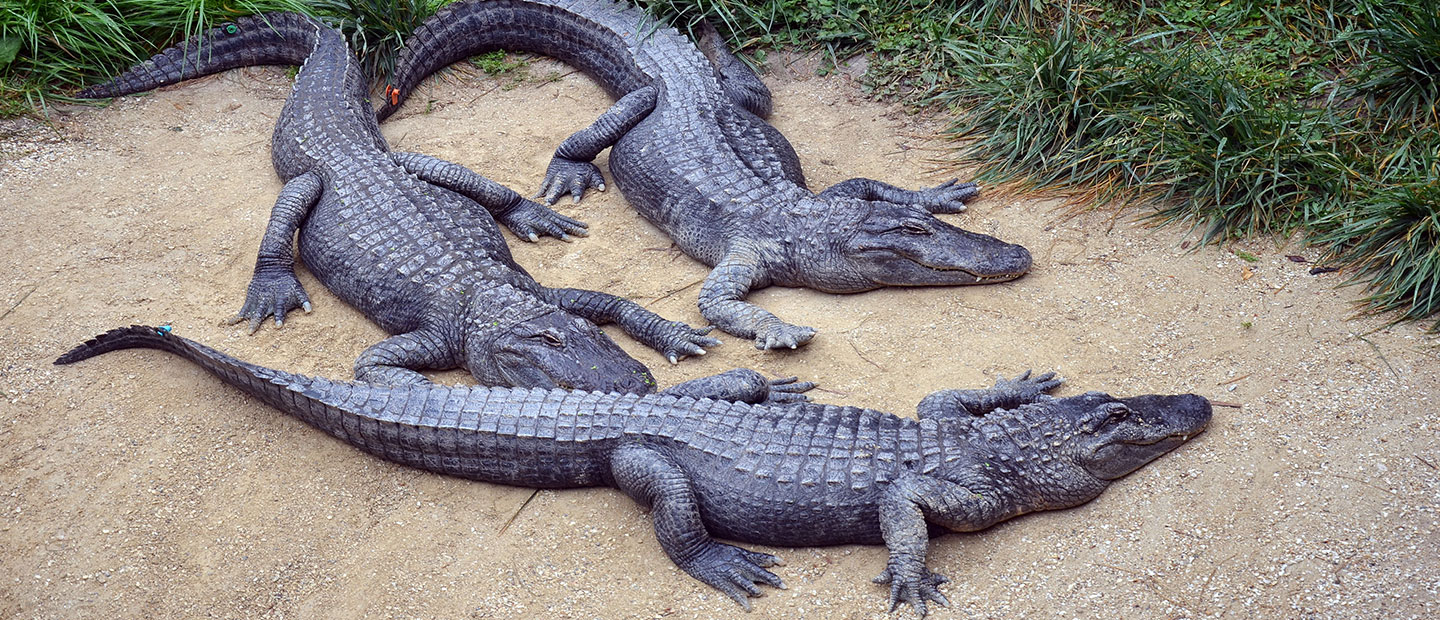Auckland Zoo is currently completing the most ambitious development in its 95-year history – a grand design home for animals, and a world-class immersive experience for visitors. With construction comes noise, and some days a lot of it.
In 2019, during the period leading up to the beginning of this development, Dr. Richard Jakob-Hoff, as Manager of Conservation Science and Research, led a team of researchers to determine the potential impact of that noise on the animals – especially those with an acute sense of hearing. Sound is somewhat of a ‘super-sense’ for elephants, giraffes, alligators and emus – some can hear extremely high frequencies, low frequencies, and alligators can even feel sound through their jaws.
There have been a few studies completed about noise impact on animals, but with collaborators from Unitech, University of Auckland, and Massey University there has never been a study this detailed. The methodology involved analysing regular video footage of the animals, and measuring their stress hormones from their faecal samples, in the absence of and during exposures to broadcasts of construction noise. Different behaviours were given unique codes allowing the footage to be analysed frame by frame and coded.
The results found all four species had varying responses to construction noise, allowing planners and keepers to work together to schedule building activities and, in some cases use sound-absorbing barriers to minimise the impacts on animal welfare. To enable other zoos to learn from our experience this research was published in a special issue of the international peer-reviewed journal ‘Animals’ focused on the theme of “Human Influences on the Behaviour and Welfare of Zoo Animals”. With animal welfare a top priority, the importance of such research is immeasurable in an environment constantly evolving to meet the needs of the animals.
The full research paper can be viewed here: https://www.mdpi.com/2076-2615/9/8/504
Dr. Richard Jakob-Hoff began his zoo career as a keeper at Whipsnade Zoo, England and then decided to study Veterinary Science at Murdoch University in Australia. Dr. Jakob-Hoff believes that, with the privilege of looking after such rare and unusual animals, zoos have an obligation to learn as much as they can about them, and apply that learning to advance animal welfare and conservation.


